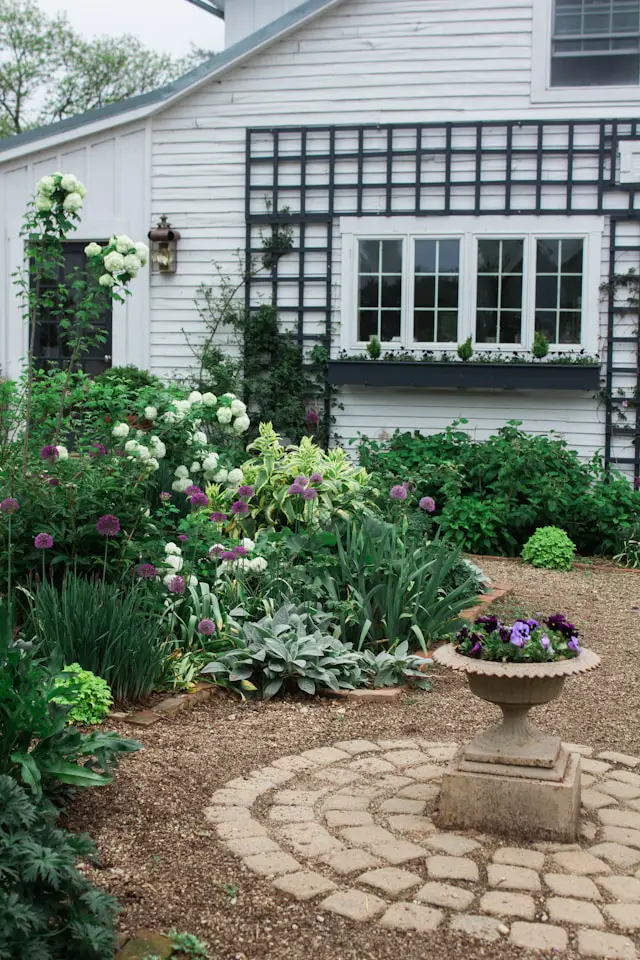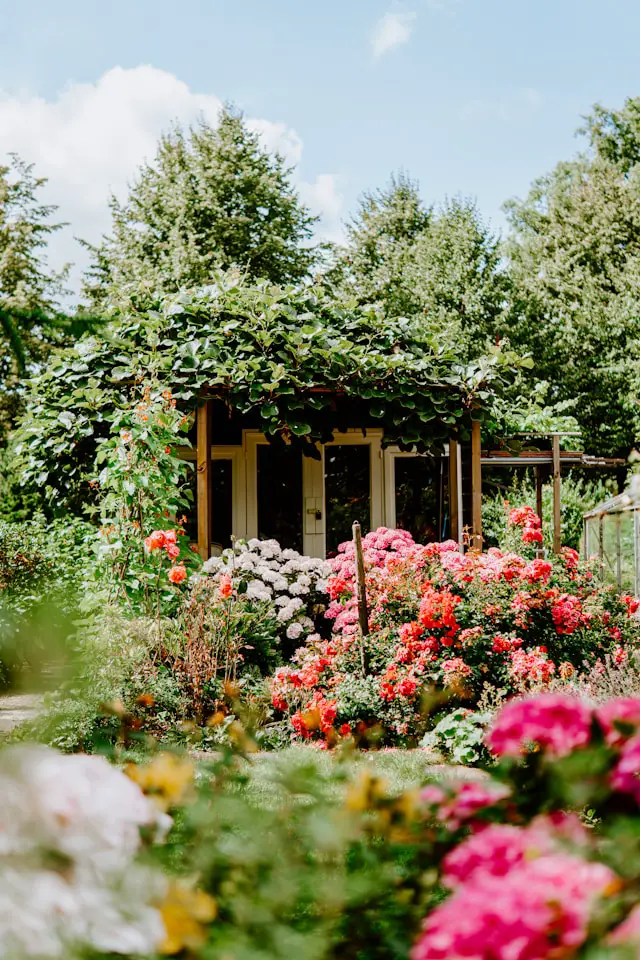Key Takeaways
- A regular lawn care program is essential for controlling pests.
- Landscaping techniques reduce the allure of pests in your yard.
- Both organic and chemical methods can be employed for effective pest control.
Introduction
Maintaining your yard isn’t just about aesthetics; it’s also critical for pest control. A well-maintained yard can prevent infestations and promote a healthier garden environment. When pests find your landscape uninviting, you protect your plants and contribute to a safer, more enjoyable outdoor space. By implementing a few essential practices, you can keep your landscape uninviting to pests and pleasant for you and your family.

Regular Lawn Care
The cornerstones of an outdoor pest control strategy are pruning and mowing. Pests like ticks, rodents, and insects find the perfect home in tall grass and overgrown plants. You can minimize these hiding spots by keeping your grass properly mowed and edges trimmed. Regular lawn care promotes healthier grass by encouraging stronger roots, making your lawn more resilient against pests and diseases.
Managing Water Sources
Pests like mosquitoes thrive in standing water. Proper water management involves ensuring there are no saturated areas in your garden. This can be achieved through appropriate irrigation methods and sound drainage systems. Whether clearing clogged gutters, emptying plant saucers, or leveling low spots in your yard, each step helps impede pests from breeding. Studies have shown that water management directly impacts pest populations, as highlighted by the Minnesota Department of Health in Water Management for Pest Control.

Choosing the Right Plants
Selecting pest-resistant plants can go a long way toward keeping your yard pest-free. Plants such as marigolds, lavender, and peppermint are known for their pest-repelling properties. Marigolds contain thiophenes, which are natural compounds that repel nematodes and aphids. Lavender, with its fragrant oils, is famous for deterring moths, fleas, and flies. Peppermint, with its strong scent, keeps ants and mosquitoes at bay.
Organic Pest Control Methods
Neem oil and beneficial insect introduction are two examples of organic pest management methods that provide a non-toxic means of managing pest populations. Neem oil, derived from the seeds of the neem tree, acts as an effective pesticide against a wide range of insects without harming beneficial ones. Introducing insects like ladybugs and predatory beetles can naturally keep pest populations under control. These techniques guarantee that your garden stays a chemical-free sanctuary while being healthy for the environment and your health.

Chemical Pest Control Options
Chemical pesticides can be effective but should be used with caution. They offer immediate results and can target specific pests, but following safety guidelines and opting for targeted treatments is essential. Overuse or incorrect application can harm beneficial insects, wildlife, and pets. Consider integrating chemicals with other pest control methods to minimize risks.
Seasonal Yard Maintenance Tips
Each season comes with its own set of yard maintenance tasks. Concentrate on clearing garbage and spreading mulch in the spring to keep the soil wet and weeds at bay. By summer, regular watering and monitoring for pests become critical. Autumn is the time to clean fallen leaves and prepare the yard for winter by pruning trees and shrubs. In winter, maintenance is minimal, but periodic checks should be conducted for any signs of pests around compost bins, woodpiles, and other structures. A proactive approach each season ensures year-round pest control, maintaining the health and beauty of your outdoor space.

Conclusion
Effective yard maintenance is essential for keeping pests at bay. Every action toward creating a healthier, more pleasurable outdoor space(from routine lawn maintenance to selecting the correct plants to use chemical or organic pest control methods)makes a difference. With continuous effort, your yard can remain a welcoming place for you and your family but a deterrent for pests. By adopting these best practices, you’ll enjoy a lush, green yard free of pest nuisances. Thanks to PatioPatrol for consulting.
Leave a Reply